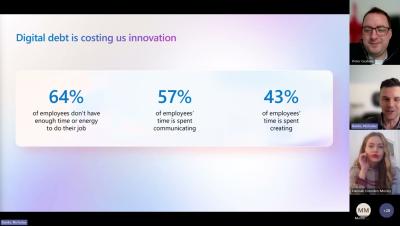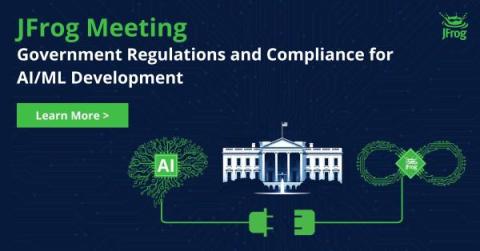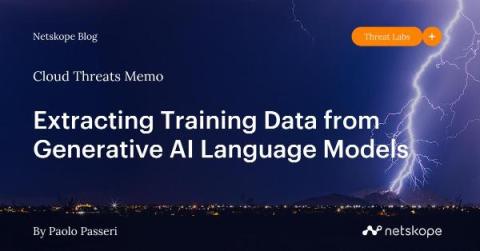Security | Threat Detection | Cyberattacks | DevSecOps | Compliance
AI
Navigating AI's New Horizons: Empowering AI Model Development, Security and Compliance
The rapid rise of artificial intelligence, more specifically, generative AI systems such as OpenAI’s ChatGPT, has simultaneously spurred intense development and concern over the past year. On the 30th of October, President Joe Biden signed an Executive Order that urges new federal standards for AI development, safety, security, and trustworthiness that also address many other facets of AI risk.
Defending Against ChatGPT-Enhanced Phishing with Managed Detection and Response
Phishing, already a serious, ever-present threat, is getting even more pernicious thanks to ChatGPT, which enables threat actors to craft more realistic emails. Clearly, organizations need a way to fight back that recognizes the depth of the threat, including by employing managed detection and response services.
AI in the Classroom: Enhancing Math Problem Solving Skills with Smart Technology
Unwrapping the Threat: AI-Powered Phishing Attacks Take Center Stage in 2023 Holidays
As the holiday season approaches, so does the annual surge in online shopping and holiday package tracking. Unfortunately, this joyous time has also become a prime hunting ground for cybercriminals. In a concerning development, cybersecurity experts are sounding the alarm about a new weapon in the phishing attackers' arsenal: generative artificial intelligence (AI).
Cloud Threats Memo: Extracting Training Data from Generative AI Language Models
This year will probably be remembered for the revolution of ChatGPT (the website was visited by 1.7 billion users in October 2023, with 13.73% of growth compared to the previous month) and for the widespread adoption of generative AI technologies in our daily life.
Have you accounted for AI risk in your risk management framework
Artificial intelligence (AI) is poised to significantly influence various facets of society, spanning healthcare, transportation, finance, and national security. Industry practitioners and citizens overall are actively considering and discussing the myriad ways AI could be employed or should be applied.
The 2023 ISC2 Cybersecurity Workforce Study Delves into Cloud Security and AI
The security industry is at a critical juncture. Capturing the state of affairs is a recent report released by the International Information System Security Certification Consortium, or ISC2.
How Self-Learning AI Has Helped CARIAD Build An Automotive Software Powerhouse
Introducing Bearer Assistant
Artificial Intelligence (AI) is a hot topic these days, especially across the security industry. There's hardly a day when we don't read about its potential to create an impact on our lives, for better or worse. As a security company, we truly believe in the potential of AI, but we didn't want to jump into the deep end without careful consideration as we followed the buzz with a healthy amount of skepticism.











